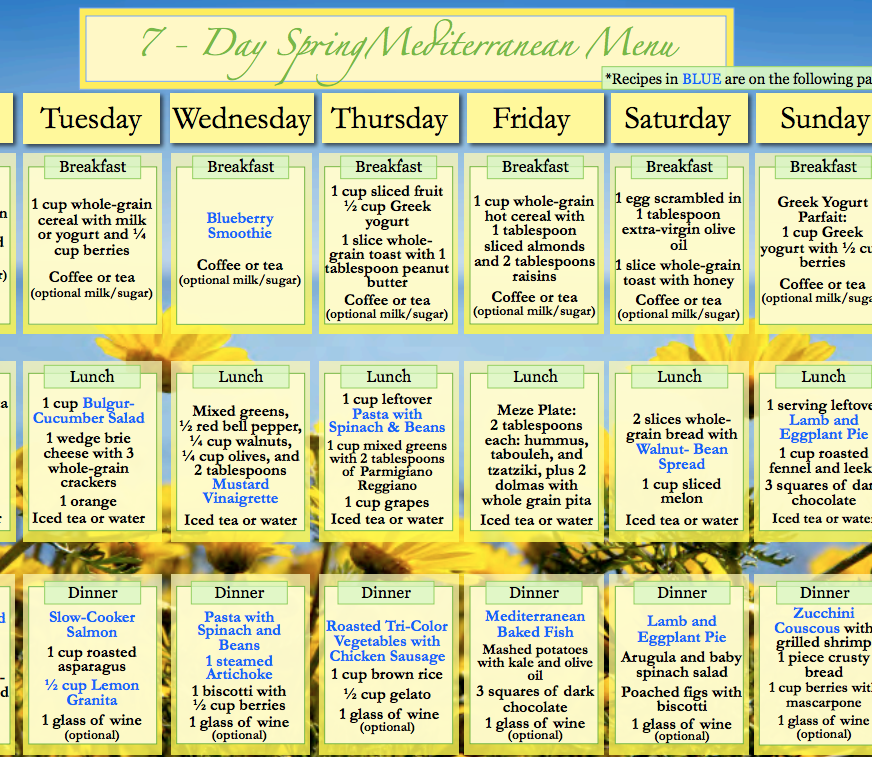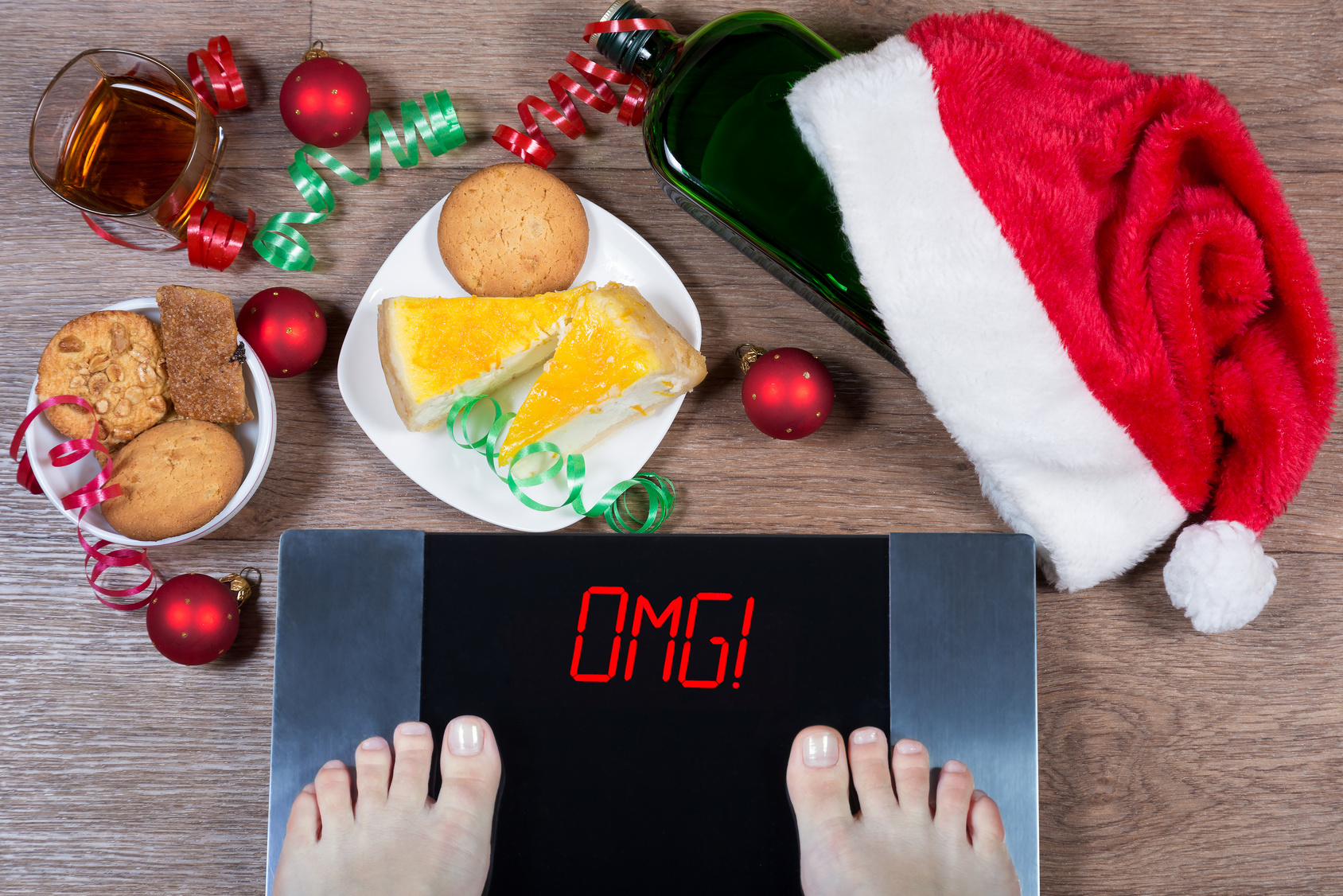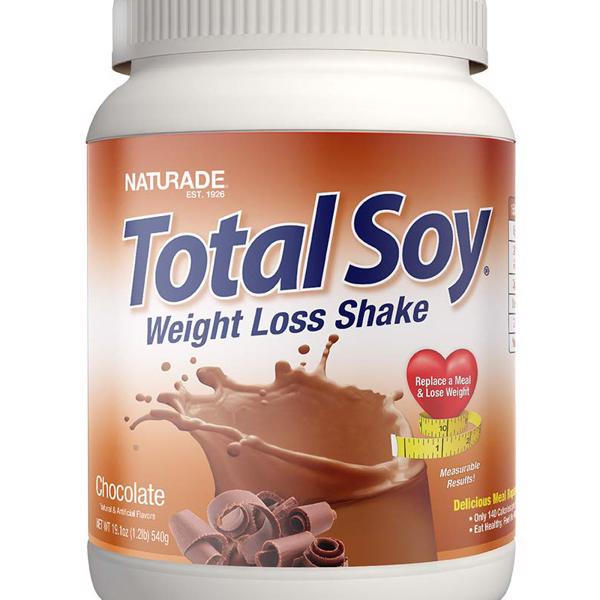
There are many great benefits to swimming. However, there are some downsides. This article will discuss techniques for losing weight while you swim, how swimming affects your appetite, and how long it takes to lose weight swimming. This article was written for swimmers by experienced swimmers and will help you lose weight immediately! Read on to learn more! Listed below are a few reasons why swimming may be better for you than exercising in the gym.
Methods to lose weight while swimming
To burn off extra calories, you can try using different swimming strokes. Each stroke works differently and has different benefits. Try using all three to burn calories. The butterfly stroke, which requires very short bursts to increase muscular power, is very effective in losing weight and toning. Although it can be tiring, it can help you tone your whole body. You can also hold a ball with your fingers if you don't want to use fins.

Alternating between different swimming strokes can help you burn calories. The more efficient your stroke, you'll burn more calories. Sprint interval training can also be a great way to burn calories in swimming. It involves short, sharp sprints followed closely by a rest period. This helps you burn more calories per session than long, boring sessions. Sprint interval training can be useful for kids, but it is important to understand that children's swim coaches suggest swimmers stop swimming for at most 30 minutes after eating. This is because blood moves to the stomach for digestion and away from the arms, legs and legs. This can lead to easy tire and increase the chance of drowning.
Swimming can have an impact on your appetite
The question of whether swimming increases your ability control your appetite and helps you lose weight is up for debate. Researchers aren't certain which way the balance is. Swimming may increase your appetite, making you more hungry, but not necessarily making you feel fuller. There are many factors that influence appetite, and some of them are learned over time, while others are resistant to change. While the exact reasons for swimming's effects on appetite aren't yet known, there are several compelling theories to consider.
Swimming boosts appetite and can be very effective in weight loss. Swimming makes swimmers feel hungry even after a hard workout. Overeating after a swim session can cause your weight loss plan to fail, so planning your diet for training days will help you achieve your goal. Healthy lifestyle changes can be implemented, including eating right and getting enough sleeping.
Time required to lose weight when swimming
If you're looking to shed a few pounds, you might be wondering how long it takes to lose weight while swimming. It may take you six to eight week to see results depending on your current body weight and the intensity of the swimming sessions. An individual who is just starting out may not be able to lose 1 to 2 pounds per week. This is why it's important that you plan your exercise accordingly. Consider these tips if swimming is not something you feel comfortable with.

How long it takes to lose weight by swimming is the first thing to learn. Excess weight, or body fat, is stored as a savings account. Swimming can be a great way for you to burn fat and gain lean muscle. Swimming allows you to burn fat and consume more calories than if exercising on the land.
FAQ
What foods help me lose weight faster?
Consuming fewer calories is a great way to lose weight quickly. You have two options:
-
Reduce the number of calories you take in daily.
-
Through physical activity, you can increase the amount of calories that you burn.
It's not difficult to cut down on the amount of calories you eat. After all, we're bombarded with calorie-laden fast food options everywhere we turn. Here's a list to help you shed those extra kilos.
-
Beans are high in fiber and protein. They contain almost no fat, making them an ideal choice for dieters who want to reduce their caloric intake.
-
Oatmeal has low calories, but high levels of nutrients such as magnesium and potassium. Oatmeal has less sugar than other cereals.
-
Eggs are high on cholesterol and protein. Eating eggs at least twice a week can increase your metabolism, which helps you burn more calories.
-
Whole grain bread is known to decrease hunger pangs and make you feel fuller for longer periods of time.
-
Dark chocolate is rich in antioxidants and flavonoids. These substances have been shown to improve heart health and lower blood pressure.
-
Cottage cheese is full of calcium, which helps build strong bones. It also provides a good source of vitamin D, which boosts immunity.
-
Omega-3 fatty Acids are a key component of salmon. They promote brain development, and improve cardiovascular function.
-
Green tea is chock-full of catechins, compounds that fight cancer and increase metabolism.
-
Broccoli is a great source of folic acid, which reduces homocysteine levels in the blood. High homocysteine levels have been associated with an increased risk of stroke and heart disease.
-
Yogurt is a great way to add probiotics into your diet without loading up on added sugars. Probiotics are vital for good digestive health.
-
Berries are a delicious snack option that's also very nutritious. All of these are excellent sources for vitamins and minerals, including blueberries, strawberries and blackberries as well as raspberries and cranberries.
-
Avocados are rich in healthy fats. A half avocado provides 80 calories with plenty of fiber, potassium, and filling fiber.
-
Nuts are a delicious snack option and a great source protein. Nuts include cashews (almonds), hazelnuts (pecans), walnuts, walnuts, and pistachios.
-
Sweet potatoes, another starchy vegetable, are rich in beta-carotene which gives your skin a glow. The orange variety is particularly beneficial because they contain higher amounts of beta carotene than regular sweet potatoes.
What length of Intermittent Fasting should I be doing to lose weight?
It is not as easy as you think. When determining the number of days you should fast for optimal fat reduction, there are many factors to consider. These are:
-
Your age. For example, if you're young (under 40), intermittent fasting may be too difficult for you because you have less time to recover from each day's fast. Alternately, if your age is over 60, intermittent fasting might prove too challenging because you may not have enough energy to last for extended periods of time.
-
Your current body composition. If you already have a lot of muscle mass, you'll likely benefit most from longer periods of fasting. However, if you have little muscle mass, then shorter periods of fasting may be better suited for you.
-
How physically active are you. To ensure adequate rest between workouts, you might need to extend your fasting period if you exercise frequently.
-
Your past medical history. Some people with medical conditions like diabetes, heart disease, cancer, etc., may require additional fasting monitoring.
-
What is your tolerance for stress? Stress can often lead to us eating more. You might need to lengthen your fasting windows in order not to have this problem.
-
What type of diet do you follow? Certain diets, like ketogenic diets, may require even longer fasting periods.
-
How much sleep you get. A decreased quality of sleep can also be linked to decreased appetite and metabolism. It may take some trial and error before you find the right combination.
-
How much protein you eat. The ability to stabilize blood sugar levels. Eating more protein can lead to lower insulin levels. This would allow you to fast for longer periods of time.
-
It doesn't matter if you want to gain or lose fat, those who are trying for weight gain will often require longer fasting periods.
-
What percentage of calories do you consume during your fasting window? Fasting for fewer calories a day can result in more fat loss than fasting to eat more calories a day.
-
Your fitness level. Fasters who are very fit tend to have higher metabolic rates, which allows them to burn more calories throughout the day.
-
Your gender. Women tend to have a greater appetite than men, so they might need to fast for longer periods. Women have smaller appetites than men, so they may need to fast just 20-30 minutes each day.
-
Your lifestyle. Do you get enough physical activity? Are you able to exercise several times per week? Does your job involve sitting at a desk all day long? These things could impact the speed at which you should go.
-
How much do you spend per month on food? Healthy eating doesn't mean you have to spend a lot on groceries. It's possible to save money by purchasing whole grains rather than white bread, fruit instead of candy bars, lean meats instead fatty cuts, and fruits instead of candy.
-
How important it can be to control your appetite. If you don't want to skip meals, you might not need to fast as long as other people do.
What Amount of Weight Can You Lose In A Week?
Your current body fat percentage will determine how much weight you can lose. You need to determine how much weight loss you are looking for. Your BMI tells us how much weight you should lose in order to achieve this goal. If your BMI is 25 or greater, you're overweight. If your BMI falls below 30 you are considered obese.
Your BMI is calculated at 28.7 if your weight is 200. To reach a healthy weight, you would need to lose 70 pounds. To see if you're overweight, visit www.healthyminds.com/bmi/.
Once you have your BMI, you are able to use this formula for calculating how many pounds each week you will lose.
(Your Goal Weight - Current Weight)/BMI * 7 Number Of Pounds Lost Per Week
To lose 50lbs in a month you will need 2 weeks worth of exercise. This equals 56 days. Then, divide that by 7 pound per day. That works out to 8.3 pounds lost per week.
You could also try this calculator from www.weightlosscalculator.net. It gives you a rough estimate of how many calories you should eat daily to lose 1 pound per week.
Why is exercise important for weight loss?
The human body is an incredible machine. It was made to move. Move your body to stay healthy, whether you are running, swimming, biking or lifting weights.
Exercise helps to burn calories and improve muscle tone. This makes you feel good both physically and psychologically. People may have heard that exercising is important for weight reduction. But how can this be true?
-
Exercise can increase metabolism. Active people use energy. Your heart rate increases, blood flow to your muscles and oxygen is absorbed from your lungs when you move. All of these activities consume energy. You can burn calories more easily by exercising and increasing your metabolic rate. You can calculate how many calories your body burns by doing physical activity.
-
Exercise reduces appetite. If you eat less while you are working out, you will naturally eat fewer calories throughout the day.
-
Strengthening your muscles through exercise is key. Muscle tissue requires more energy to function than fat tissue. To maintain your current weight, you'll need less calories if muscle mass is increased.
-
Exercise releases endorphins. Endorphins make you smile. They are released into your bloodstream when you exercise. Endorphins block pain signals from reaching the brain, according to studies. This provides a feeling if well-being.
-
Exercise can boost self-esteem. People who exercise regularly tend to have higher self-esteem. And this leads them to live healthier lives.
You can lose weight by making small changes. Try adding one of these tips to your routine today.
What can I eat while on intermittent fasting in order to lose weight?
The best way to lose weight is to cut out carbs. This means you have to cut back on carbs such as bread, pasta rice, potatoes, and any other carbohydrate-based food.
Protein will also keep you fuller for longer so try to limit how much you eat. You won't feel as hungry.
Instead, focus on foods that contain healthy fats, such as olive oil, avocado, nuts, and seeds. These foods will keep you full for hours after you eat them.
It is important to drink enough water. Water helps you stay hydrated, which makes it easier to burn fat.
This could be because you find you really crave these foods when fasting. You don't have to cave to your cravings. You might gain more weight if you do.
Keep an eye on the amount of food you eat throughout the day to avoid overeating. Instead of reaching for another snack, sip a glass of water when you feel hungry.
Although it might seem counterintuitive, this is actually proven to be a great way to lose weight. In a study published by Obesity, it was found that people consumed less calories if they drank plain water instead of sugary drinks.
Consuming water plainly also helped to decrease hunger. You can lose weight by avoiding sweetened drinks and sticking to water.
To lose weight, you don’t have to count calories or restrict certain foods. Instead, try to make small changes in your life.
For example, you can start by swapping your usual breakfast sandwich for a bowl of oatmeal. Try swapping your afternoon cookie to a piece or fruit.
These easy swaps can add up and help you lose weight without spending hours in the kitchen.
Statistics
- One study in 9 active men found that HIIT burned 25–30% more calories per minute than other types of exercises, including weight training, cycling, and running on a treadmill (18Trusted Source (healthline.com)
- A 12-week study in 20 women with obesity found that walking for 50–70 minutes 3 times per week reduced body fat and waist circumference by an average of 1.5% and 1.1 inches (2.8 cm), respectively (healthline.com)
- Another study found that 24 weeks of weight training led to a 9% increase in metabolic rate among men, which equated to burning approximately 140 more calories per day. (healthline.com)
- One 6-month study showed that simply doing 11 minutes of strength-based exercises 3 times per week resulted in a 7.4% increase in metabolic rate, on average. (healthline.com)
External Links
How To
How to lose weight quickly without exercising
The best way to lose weight fast without exercise is to eat fewer calories than you burn. This will allow your body to begin burning stored fat for energy. Your body will reduce the amount of calories you eat and begin to use that energy to make muscle tissue, leading to some muscle reduction. Although you can lose weight even if you aren't working out, it's likely that you'll lose more muscle mass.
It is possible to lose weight fast and not have to exercise by reducing your calorie intake. Most people think they should reduce their food intake to lose weight, but this isn't true. When you're trying to lose weight, you want to make sure you're eating fewer calories than you're burning. So what should you be eating each day? It all depends on the type of activity that you do each day. Someone who walks three miles per day would require only about 2,500 calories. For someone who sits at their desk all day, they would need approximately 1,600 calories per days. For someone who exercises often (e.g. lifting weights), the daily intake would be around 1,600 calories.
You should reduce your caloric intake if you want to lose excess weight. Many people believe they should consume less food, as they feel they are starving. This is not true. Your body doesn't care if your hunger pangs are gone or not. It just wants to be healthy. You need to track your calories intake to lose weight. Many apps are available online that can help you monitor your calorie intake. These apps include MyFitnessPal and Calorie Counter.